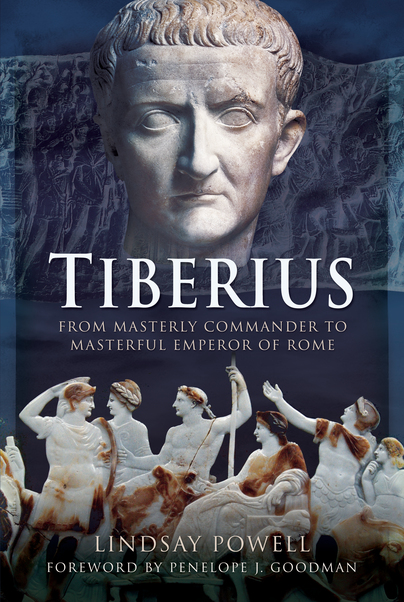10 Historical ‘Facts’ About Tiberius Caesar That Are Actually False
By Lindsay Powell FRHistS
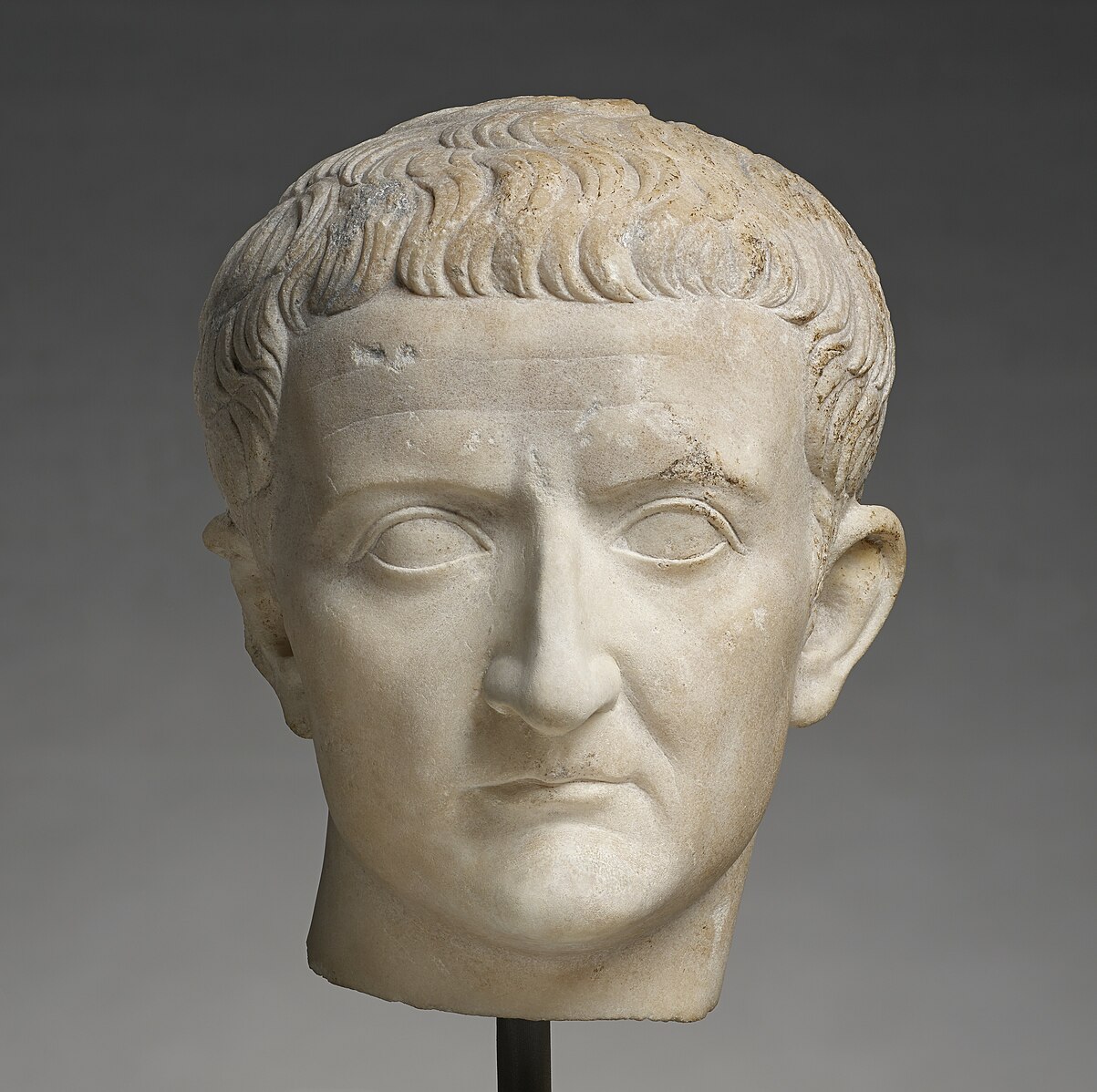
Ruling between Augustus and Caligula, and before Claudius and Nero, Tiberius is arguably the least well-known Caesar of the Julio-Claudian dynasty (27 BC-AD 68). Some recognise him as the emperor called out in the biblical instruction to “Render unto Caesar the things that are Caesar’s” in the Gospel of Matthew (22:21). Others may know him as a tyrant or monster from reading history books or seeing depictions in television dramas, like Barbarians (Netflix) or I, Claudius (BBC).
The job of a historian is to research, analyse and interpret events and the people who took part in them with the aim of capturing the past as it was. Gathering and sorting facts from fictions is essential to that work — a time-consuming and meticulous process I myself undertook in writing my new biography Tiberius: From Masterly Commander to Masterful Emperor of Rome for Pen & Sword Books (2025). What people think they know about Tiberius Caesar is often wrong. Here are ten falsehoods about Rome’s second emperor, and what the facts actually reveal.
He was gloomy
The claim that Tiberius was the gloomiest man alive is recorded by Pliny the Elder in his Natural History published forty years after the emperor’s death. While Tiberius was serious a lot of the time, he lived his life to the fullest and certainly had a sense of humour.
Tiberius Claudius Nero was born on 16 November 42 BC. He was a member of the Claudian clan, on both his father’s and mother’s side, with its reputation for derring-do on the battlefield and daring deeds in the Senate House in the service of the Res Publica (‘Commonwealth’). Tiberius lived proudly in that family tradition. In the way of his ancestors, he was a stern defender of liberty and of free speech. The core Roman values he espoused were courage, moderation, frugality, mildness, dutifulness and hard work.
His bearing and habits were interpreted by some as eccentric, from his stern look and forward-leaning gait to his use of obscure Latin words and obtuse oratorical phrasing. Tacitus (Roman author of The Annals) noted that Tiberius enjoyed combining jesting and seriousness in the same statements. He collected paintings and statues, wrote poetry in Latin and Greek, grew cucumbers, practiced astrology, had a pet snake and liked to debate with close friends (lubricated by copious amounts of wine). He did not much care for gladiatorial games and was disdainful of the fashion among high class men to wear imported Chinese silks.
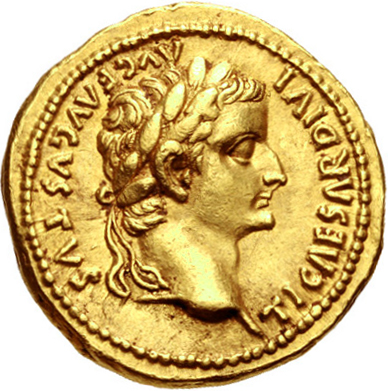
He had a bad relationship with Augustus
The relationship between the two men was one of father and son: at times fraught, but respectful and dutiful.
Augustus was twenty-one years older than Tiberius. In 38 BC, Augustus married his mother, Livia Drusilla. Tiberius’ father, Tiberius Claudius Nero, was pressured by Augustus into divorcing Livia. Tiberius was raised by his father until he died and only then, aged 9, did he and his younger brother, Nero Claudius Drusus, move into the family home of Augustus and his mother. It was a large household of aunts, uncles and cousins, augmented with freedmen and slaves.
As an adult, Augustus picked Tiberius to undertake strategically important military operations (as Marcus Agrippa had done for him), which he acquitted with distinction. Letters cited by Suetonius (Roman author of Lives of the Caesars) reveal Augustus to have been respectful, even fond of his stepson and was concerned for his health and wellbeing while on campaign.
Augustus had planned for closer relatives to succeed him; sickness prematurely ended their lives. In AD 4 he adopted Tiberius. Inheriting his legacy, Tiberius became princeps (‘First Man’ or emperor) in August AD 14. With the deification of his deceased adoptive father, Tiberius insisted that all Romans revere the memory of Divus Augustus as he himself did.
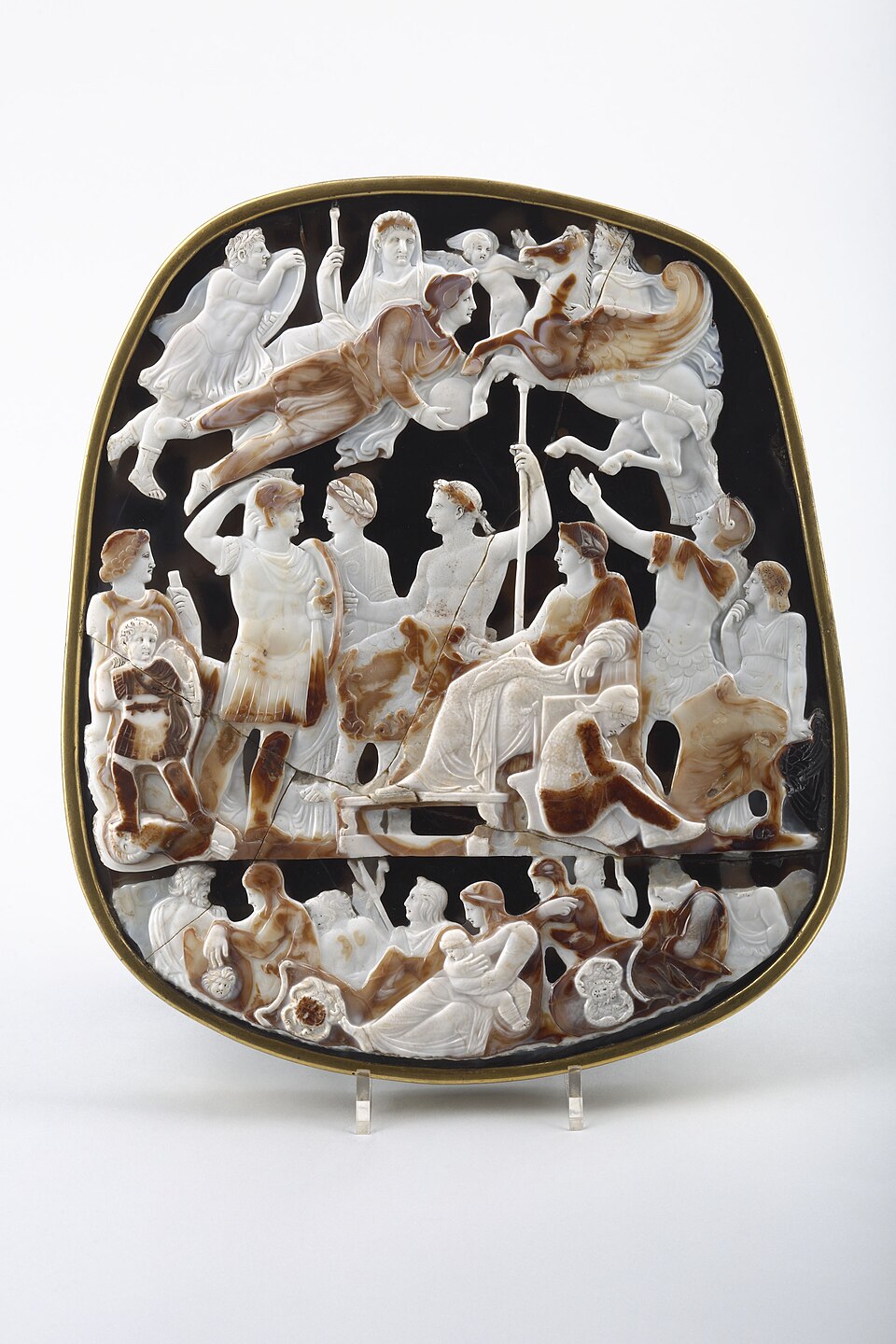
He was an unsuccessful general
Tiberius was the best commander of the time, a fact attested by his three full triumphs and eight imperatorial acclamations.
Like men of his upper social class, Tiberius began his career at the age of 16 as a military tribune, serving in the Iberian Peninsula. When 20, Augustus sent him to negotiate a peace treaty between Rome and Parthia; it was one of his seminal achievements. Over the next three decades, as a field commander he personally led campaigns in the Western Balkans, securing Dalmatia and Pannonia, and deployed on nine tours of duty in Germania. He was a no-nonsense disciplinarian yet firm but fair to his troops who regarded him as a soldier’s soldier. Velleius Paterculus, who knew Tiberius personally, notes in his Roman History that he offered men wounded on the battlefield use of his carriage and personal medic.
As commander-in-chief, he worked tirelessly to fulfill to his primary responsibility for the security of the empire, ensuring there were sufficient funds to pay for the army and encouraging men to enroll in the legions. Despite, indeed on account of, his military background, Tiberius’ preference was for diplomacy. Nevertheless, Tacitus criticised him for his apparent lack of ambition to expand the dominions of Rome beyond the borders of the empire he inherited from Augustus. Better than anyone of his day, as a commander who put men in harm’s way, Tiberius ran the calculus: sometimes the anticipated gains did not outweigh the projected cost in blood and treasure. It was his call to make. Thus, after his adopted son Germanicus spent two years trying — and failing — to secure Arminius (who had massacred three legions at Teutoburg in AD 9), Tiberius abandoned the territory across the Rhine.
Augustus’ deathbed advice to him was to hold the empire at its present limits. In following it, and by implementing sound military and political policy decisions informed by wisdom from personal experience of war, Tiberius ensured that the Roman Empire would endure for hundreds of years.
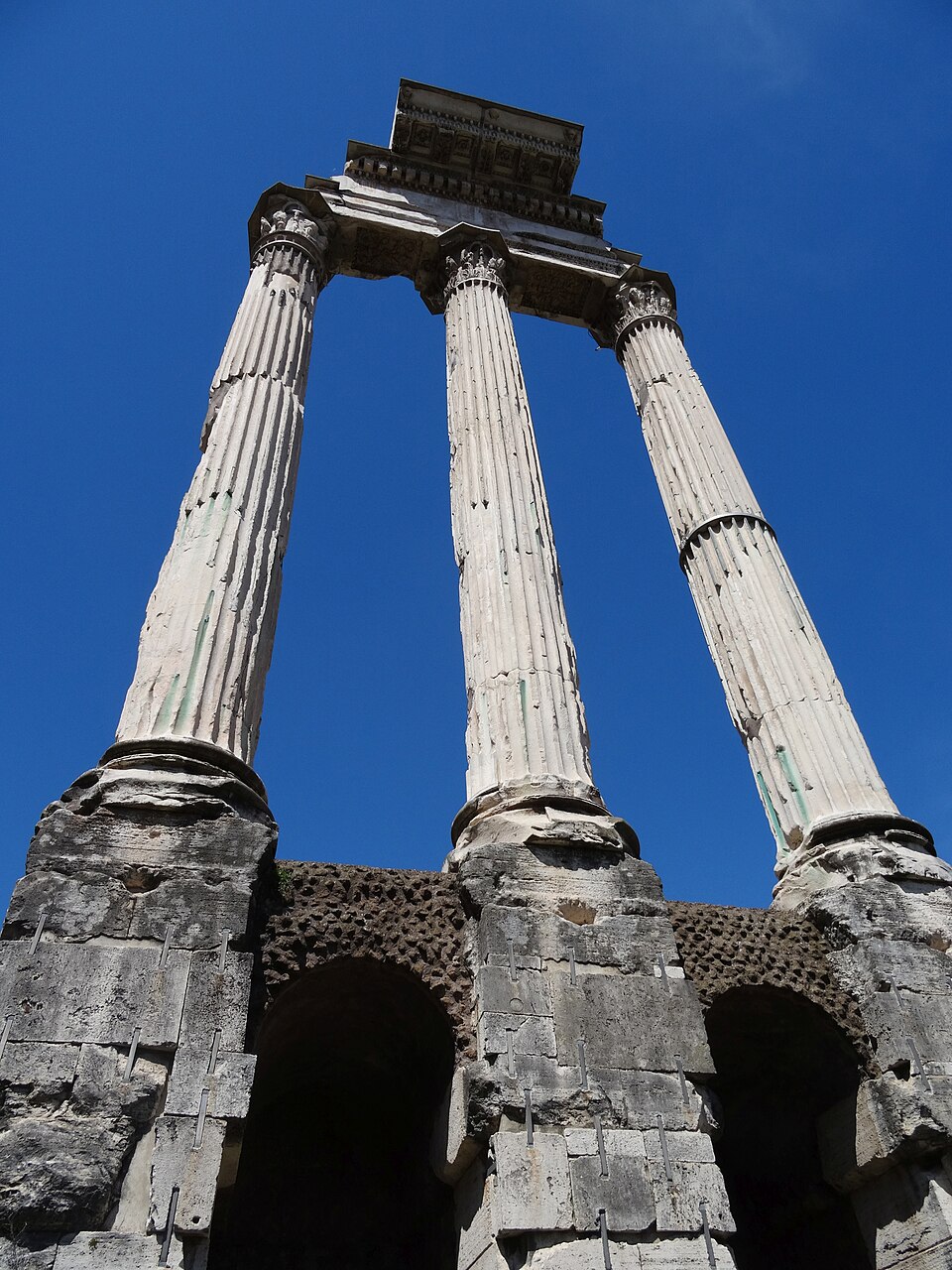
He was a reluctant ruler
Tiberius was a committed and conscientious ruler. He was still working on state affairs on the evening of his death at the age of 77.
Tiberius was not Augustus’ first choice for princeps, but by AD 14 he was the best one. When Augustus founded the imperial system, he gave little thought to the process for the peaceful transfer of power. It was left to Tiberius and the Senate to work out the details. The Senate seems to have believed that Tiberius would accept the role of princeps without debate. However, he used the opportunity in August AD 14 to negotiate the terms of his appointment. It was smart politics on Tiberius’ part. He is reported as suggesting to the Senate that the responsibility of leading the Roman state was too large for one man and that the business of the Res Publica would be more easily carried out by a group of men. He, better than anyone alive, knew the complexity of ruling a sprawling empire. They declined. When finally accepting the position as ‘First Man’, he (then 55 years old) told the Senate that he would resign any time it asked him to. Significantly, the Senate never did.
Tiberius actively encouraged the Senate to re-assume its historical control of regulating commerce, maintaining diplomatic relations, and supervising religious matters. However, its willingness to be proactive had been dulled by forty years of Augustus’ increasingly dominating rule. On many occasions, Tiberius was frustrated by the Senate’s disinclination to take the lead on important political matters.
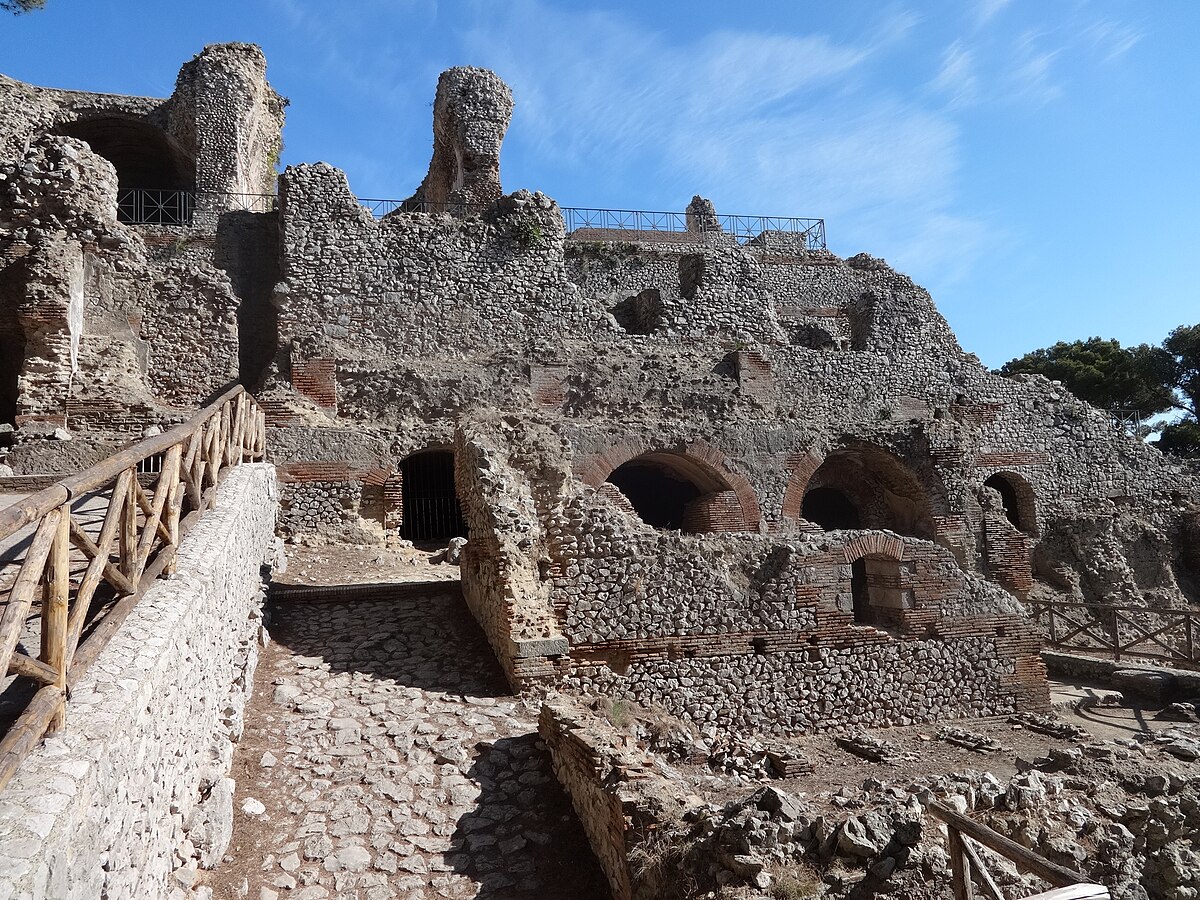
He was a tyrannical ruler
Tiberius’ reign is marred by allegations that he used treason trials to eliminate political enemies. The claim is greatly exaggerated.
Tiberius did not invent the crime of treason (maiestas), which was prosecuted when an offence was made against the ‘majesty of the Roman People’. Cases brought under treason law were actively prosecuted under Augustus, who extended its scope. Cases were often brought by informers (delatores), who stood to benefit in kind or cash from securing a conviction, a practice which began under Augustus.
The exact tally of cases of maiestas litigated under Tiberius is not known. Counting those reported by Tacitus, during the entirety of Tiberius’ reign, no more than fifty-two people were accused of treason. Of them, nearly half were not found guilty of the charge. Eight of the twelve individuals who were executed at his request were clearly guilty. Contrary to the impressions left by Cassius Dio (Roman author of Roman History) and Tacitus, the alleged rivers of blood ran shallow.
He did not rule for long
Reigning for twenty-two years, six months and twenty-seven days, Tiberius was the third longest-serving princeps between 27 BC and AD 235, or seventh longest-serving between 27 BC and AD 476. Augustus held the record at forty years, seven months and three days.
He left no buildings in Rome
Tiberius discouraged waste and frivolous public spending, preferring to repair and maintain the existing stock of buildings. He finished bridges and temples begun by Augustus but were still incomplete at the time of his death. Out of proceeds from his war spoils, Tiberius paid for extensive upgrades to the Temple of Castor and the Temple of Concord (in which Tiberius’ art collection was displayed) in the Forum Romanum in the centre of the city; he dedicated them in the name of his younger brother and himself. Three columns of the Temple of Castor still stand today.
He was the first emperor to erect a purpose-built home on the Palatine Hill. Called the Domus Tiberiana, it overlooked the Forum Romanum. The building proved popular with the later emperors Claudius, Nero, Hadrian and Antoninus Pius who expanded the structure. The supporting arcades of brick and flagstone covered walkways were reopened to visitors in 2023.
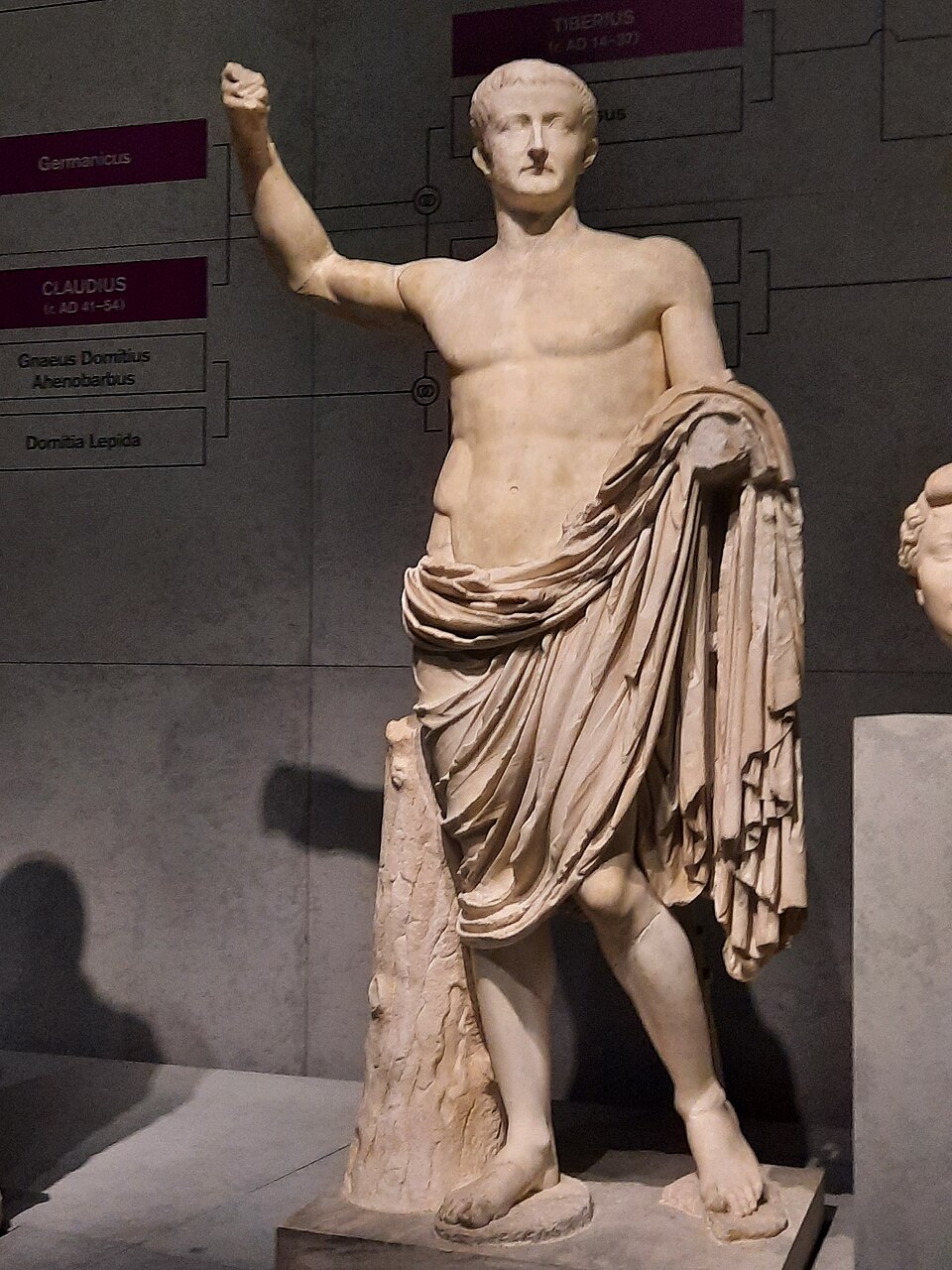
He was hated by everyone
Cassius Dio, Suetonius and Tacitus indicate that people in Rome and Italy viewed Tiberius as a fine commander and statesman until he became princeps. They attributed the change in attitude in part to his decision to depart Rome for good in AD 26, leaving his feared deputy Lucius Aelius Seianus effectively in charge. Romans could neither understand why nor accept that he, then aged 68, chose to retire to Capri, referring to him pejoratively as ‘The Exile’. Nevertheless, he remained in constant communication with the Senate through official letters and speeches. After Seianus was implicated in a plot to overthrow Tiberius and was executed on orders of the Senate in AD 31, the emperor resumed a higher profile role in governing: he successfully managed the Res Publica through a severe financial crisis in Italy, and compensated the distressed after fires destroyed their properties in Rome. While many had reason to be grateful to him, others were happy to receive the news of Tiberius’ death.
People in the provinces viewed him differently. Contemporary Jewish philosopher Philo of Alexandria remarks that Tiberius was nicknamed ‘The Old Man’ in his youth out of respect for his wisdom. Geographer Strabo of Amasia praised him for ensuring peace across the empire and operating a well-run government. Coins from provinces as far apart as Baetica and Cappadocia show that local magistrates were keen to express their affiliation with the emperor in Rome. He even had a pear named after him, the Tiberiana, according to Pliny.
He was a pervert
Tiberius’ reign is marred by allegations that he indulged in sexual depravity. The written accounts dating from Tiberius’ own time make no mention of them.
The first reports of depraved behaviour are those reported by Suetonius and Tacitus, writing decades after Tiberius died, and they are associated with his residency on Capri. Their veracity is doubtful. Like other salacious tales told about his life there, which seem to originate with unnamed tourist guides on the island, they are prefaced with phrases like ‘the story is told that’ or ‘he acquired a reputation for’.
For context, in the first century, many uberwealthy Romans had villas on the Gulf of Naples at the seaside town of Baiae (modern Baia). Their bay view properties had lavish banqueting rooms, exquisite mosaic floors, teaming fishponds and private quays. The exclusive resort had a reputation for licentious living and wild parties. Tiberius chose not to live there, preferring the privacy of Capri, located 39 kilometres to the southeast and accessible only by boat.
While occasionally visiting the mainland, Tiberius lived on the island for most of his last ten years. At the Villa Jovis, he staged masques or burlesques where actors and dancers performed stories from Greek myths for his and his invitation-only guests’ entertainment. His relative isolation enabled rumourmongers to spread gossip about what they imagined went on there. Hearsay not refuted often becomes accepted fact. The Roman historians Tacitus and Suetonius exploited such fantasies in crafting their narratives of Tiberius in old age as a creep. These vituperous characterisations of Rome’s second emperor have now become his legend.
The remains of the Villa Jovis and the sister Villa Damecuta can still be visited.
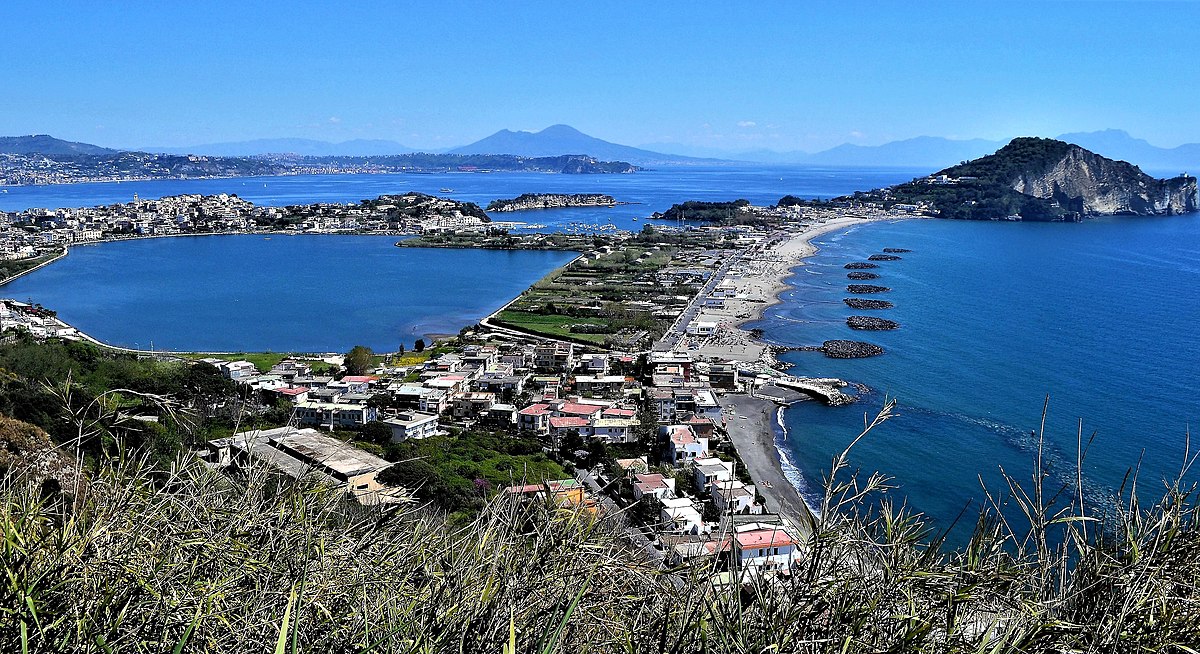
He died on Capri
He was not on Capri when he died. Tiberius expired on 16 March AD 37 at the villa once owned by famed Roman commander and statesman L. Licinius Lucullus at Misenum on the Capo Miseno. The invention seems to have gained credibility in France during the eighteen and nineteen centuries through the works of playwrights whose pièces de théâtre were made more dramatic for portraying his death, usually by murder, on the remote imperial island.
View book trailer videos here on YouTube.
Order your copy of Tiberius here.
